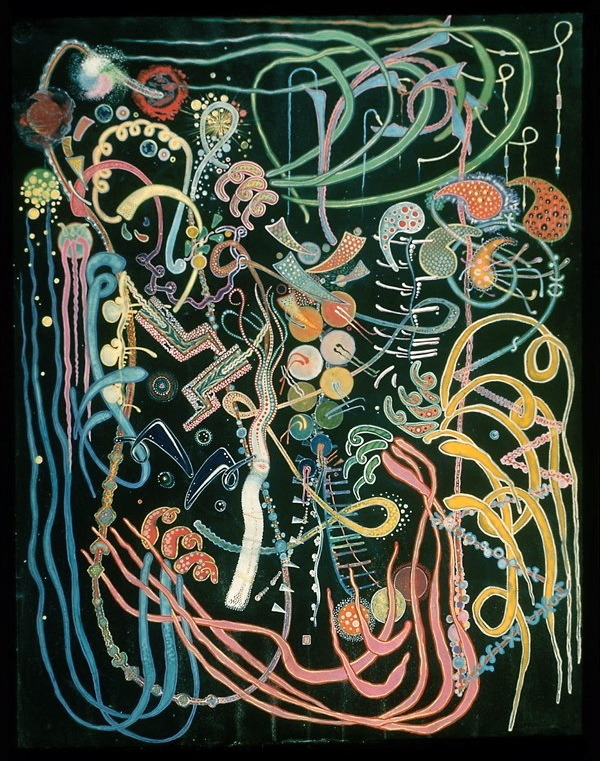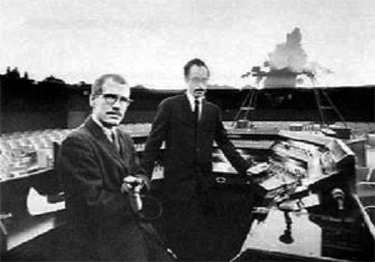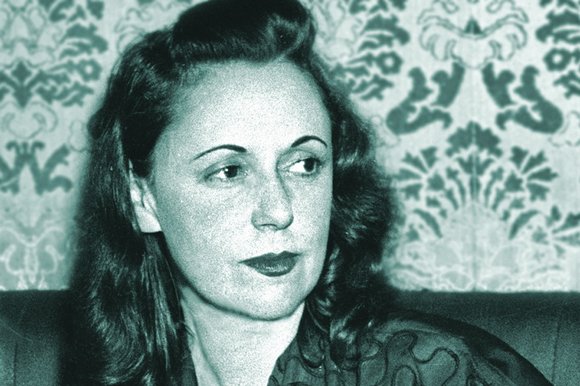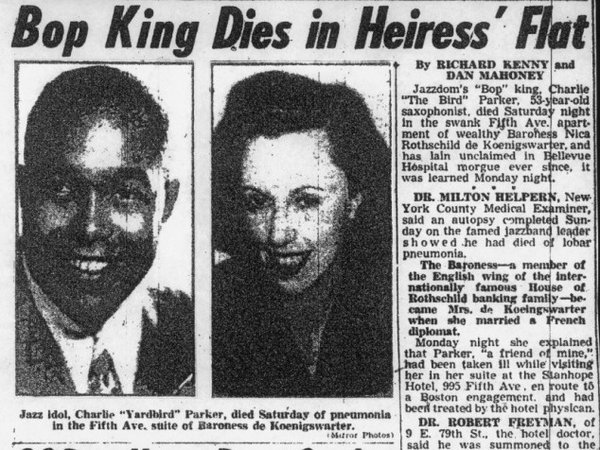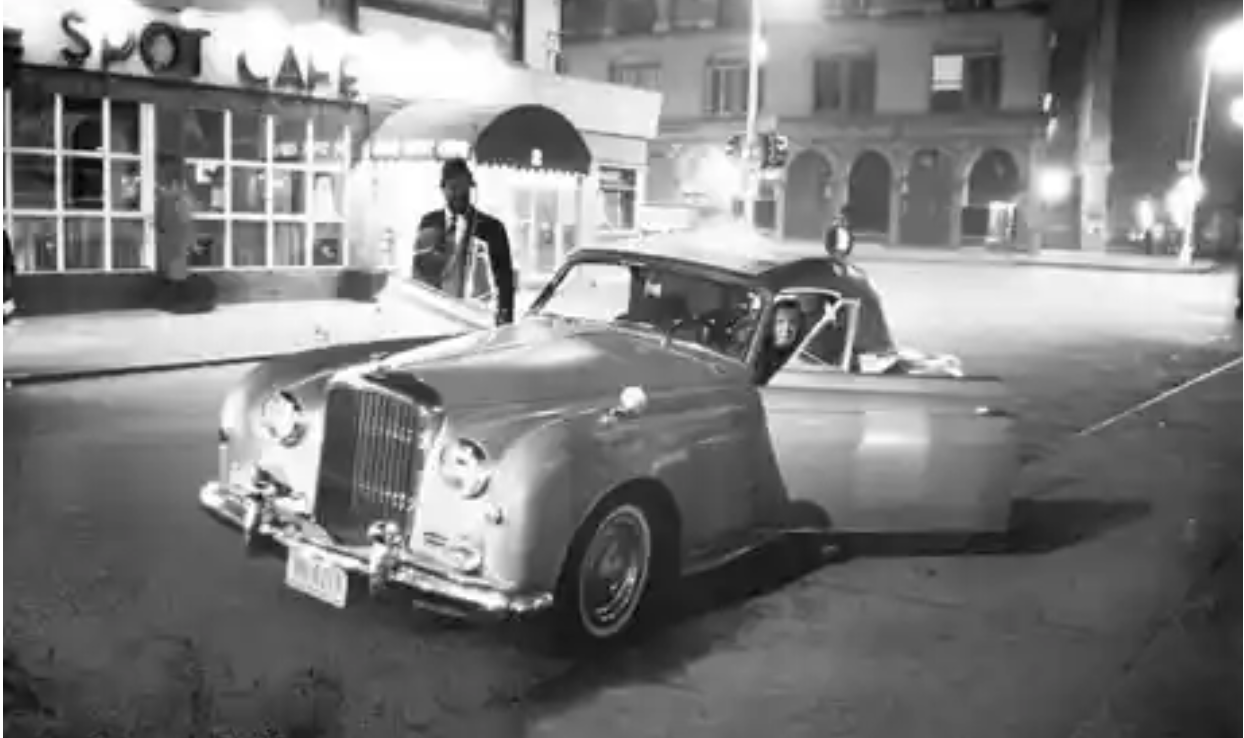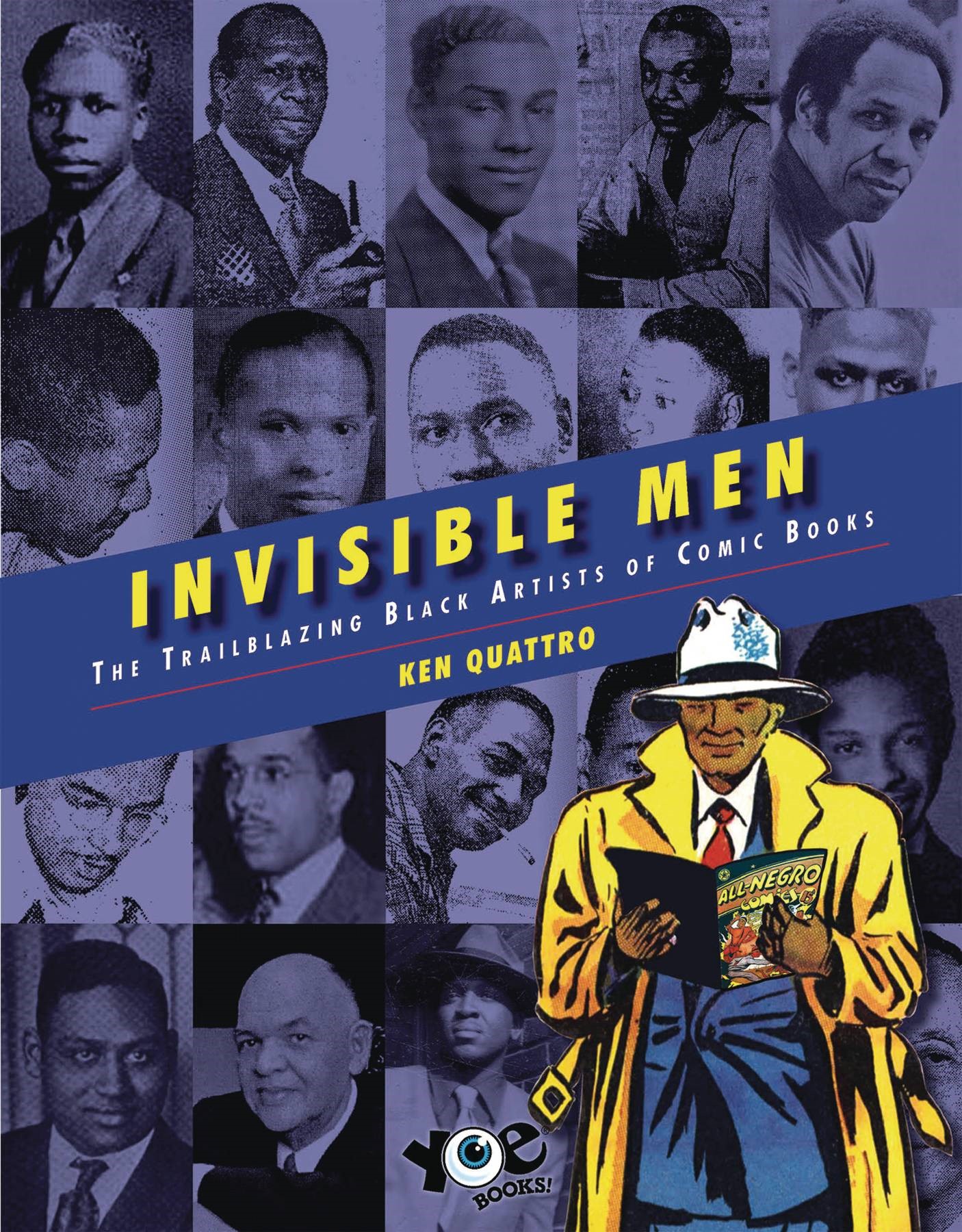
I just read a great book, it’s called Invisible Men, it’s about ground-breaking African American Artists that among other pursuits worked in the Comic Book field. They opened the door for other Black artists to make a living as illustrators, portrait painters, comic book creators. I highly recommend it. Ken Quattro did a great job in telling the stories of these under recognized artists. It also reminded me of when I was first starting out in the Film industry in NYC. I was fortunate to have been mentored by a great film editor named Frank G. Host.
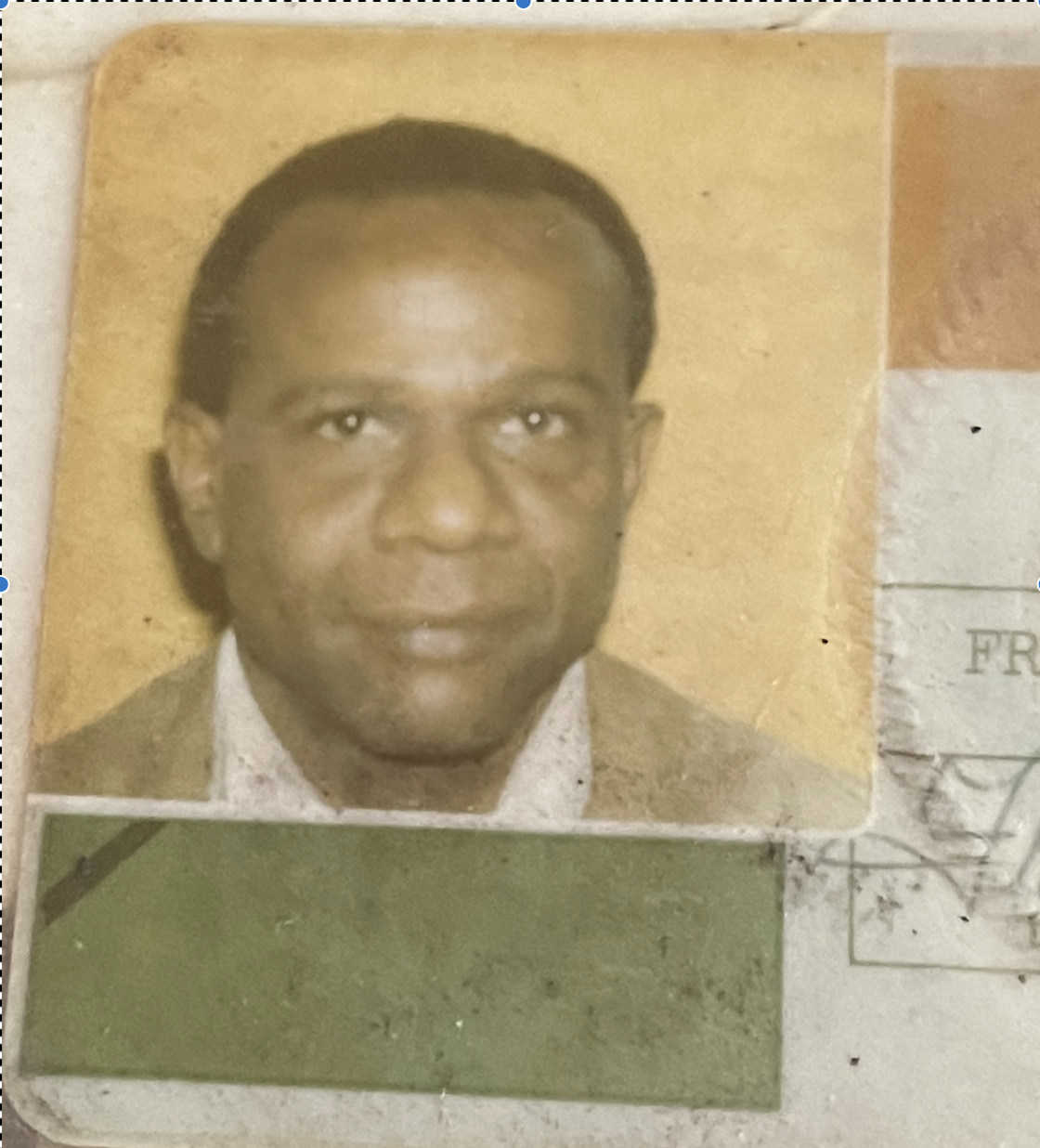
He was one of only a few African American Film Editors at the time. I knew another one, John Carter, I worked on some films at his penthouse cutting room on 54th street and Eight Avenue. Another Black Film Editor , who became a director was Hugh A. Robinson.
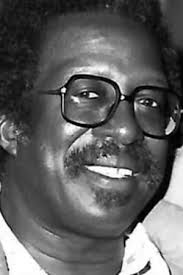
I never met him but Frank and he had come up together as assitant editors and negative matchers and I heard a lot about him. So I was inspired by Invisible Men to write something about these breakthrough Black filmmakers. Frank told me he got a break because some leftist film people split from California (due to McCarthy witch hunts), came to NYC and were progressive enough to give a young, talented Black man a chance. Hugh Robertson worked with the great editor and director Carl Lerner.
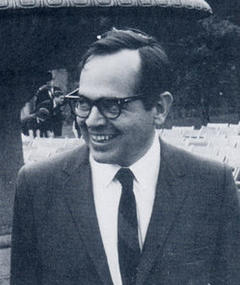
Lerner made a film called Black Like Me where James Whitmore , a reporter, took an experimental drug that turned his skin dark, so he could write an article on what it was like to be a Black Man in America and experience the racism first hand.
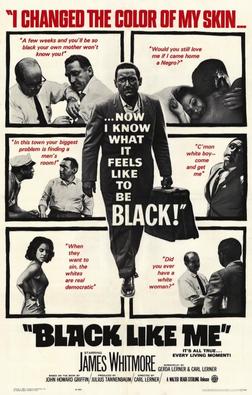
Hugh also worked with DeeDee Allen, I spoke to her at a party one time and when I mentioned Frank she immediately asked if I had any news of Hugh, unfortunately I didn’t.
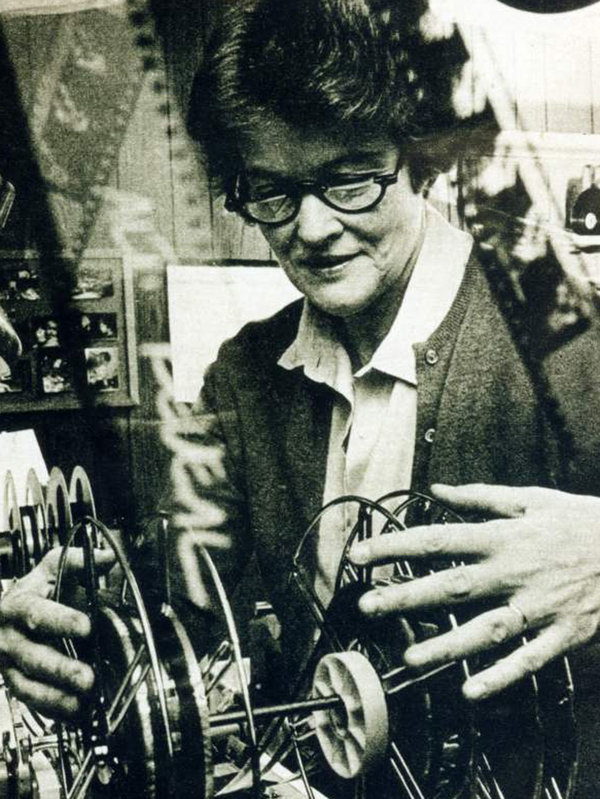
Frank worked with an Editor named Irv Fajans, a Union founder and veteran of the Abraham Lincoln Brigade, Progressive Americans who voulenteered to so to Spain and fight Fascism.
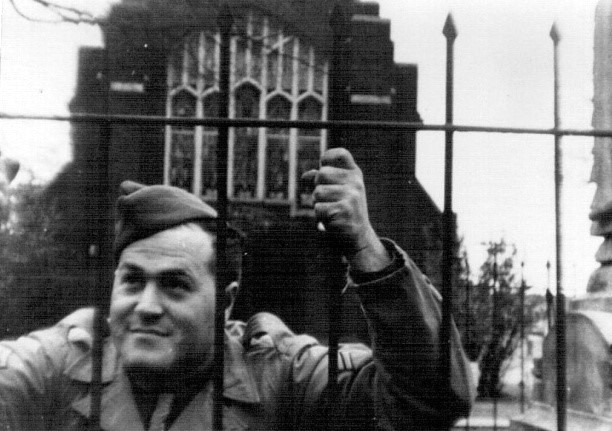
I don’t really know John Carter’s history, I just knew him as a very nice person, who worked on some big Hollywood films until he passed in 2018. But a quick visit to IMDB gives me some more info on his history. First of all he was born in my hometown of Newark, New Jersey.
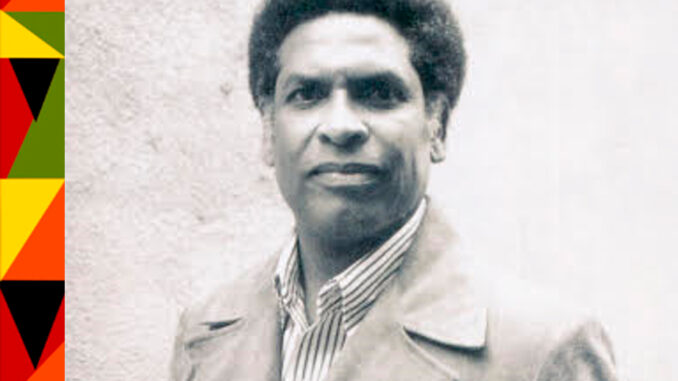
He was in the Army and trained in the Signal Corps. A lot of film people wound up in the Signal Corps. Making films for the Army. John was hired by CBS in 1956, and he was the first African American editor for Network Television in NYC. He was also the first African American to join A.C.E. (the American Cinema Editors Society). My pal Frank G. Host was involved with creating Shell’s Wonderful World Of Golf and won a Peabody Award for documentary work. He attended the Film School of the Sorbonne in Paris on the G.I. Bill. There he worked on Pickpocket for the great Robert Bresson. Later he was invited to sit on a Unesco panel on Filmmaking in Africa. If his wife had not died they were planning on moving to Africa to make films there. I’m sure there are other African Americans that played important roles in opening up the industry but these are the three I had personal knowledge of. In any case buy Invisible Men, it is really great, inspirational. I will write soon about another African American group of artists that are getting some great exposurfe these days. Kamoinge, a workshop of great Black photographers, several of whom I was lucky enough to know and call friends.
